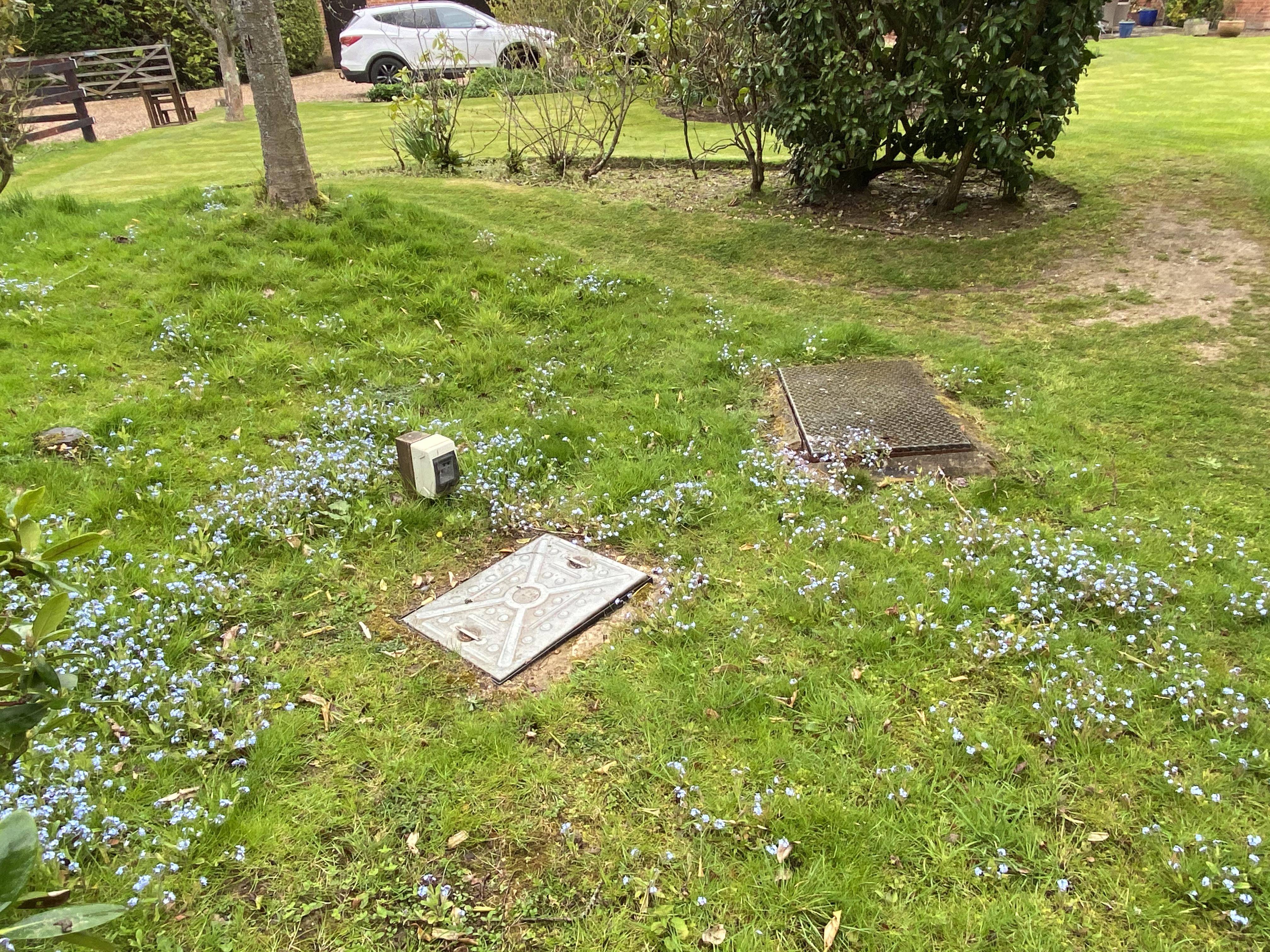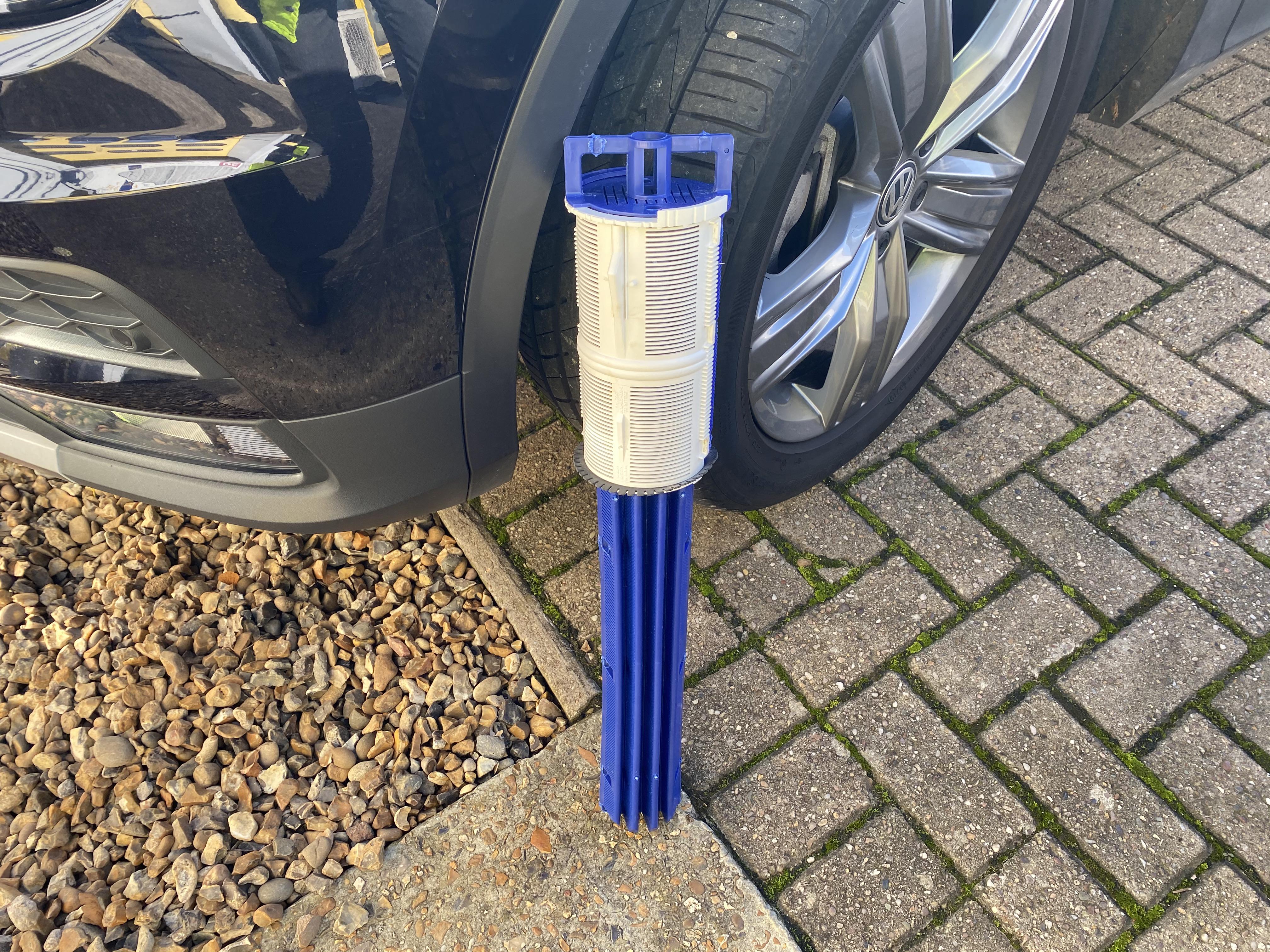Septic Tank Longevity
This blog post discusses the importance of proper wastewater management systems, primarily focusing on septic tank systems and how their longevity depends on various factors.

1. Ground Suitability:
If a soil test reveals that the ground contains thick clay, it's unsuitable for a septic tank drainage field. In such cases, alternatives should be considered. These include connecting to the main public sewer or installing a sewage treatment plant to treat wastewater effectively and produce environmentally friendly clear discharge.
2. Septic Tank Components:
A septic tank consists of two parts: a chamber that separates fats and solids from the water. The separated but untreated water should ideally slowly discharge into well-aerated soil for secondary treatment.
3. Unsuitability of Clay Ground:
Clay ground is non-porous and lacks oxygen, making it unsuitable for septic tank discharges. Sewerage or untreated wastewater discharged into clay ground can result in contamination, especially during heavy rainfall, when it can wash into lower ground or ditches and eventually into watercourses like streams or rivers.
4. Soak Away Lifespan:
The lifespan of a drainage field, which is part of a septic tank system, can vary. In the right conditions, with proper design and maintenance, it can last 12 to 20 years and sometimes up to 30 years. A soakaway designed for rainwater would need a permit from the environmental agency.

5. Filter and Maintenance Impact:
If a filter is fitted and regular maintenance is carried out, the system's lifespan can be extended to 15 to 20 years and even guaranteed. This assumes ground and drainage conditions are suitable and free from issues like blocked drains.
6. Factors Reducing Lifespan:
Several factors can significantly reduce the lifespan of a septic tank system. These include having a septic tank that is too small, having irregular tank emptying, introducing grease, fat, or oil into the system, and excessive inflow from the roof or surface water. In such cases, the land drain might only last around six months to a year, and the system will not work correctly.
7. Homeowner Responsibility:
Homeowners are legally responsible for choosing, installing, and maintaining their wastewater systems. The new code of practice introduced by the environmental agency emphasizes this responsibility. Homes with septic tanks discharging into watercourses must replace them with treatment plants to comply with regulations.
8. Conclusion:
In conclusion, the suitability of the ground, proper system design, maintenance, and adherence to regulations play crucial roles in the longevity and effectiveness of septic tank systems. Homeowners should be aware of their responsibilities in managing wastewater to avoid environmental issues and system failures.

